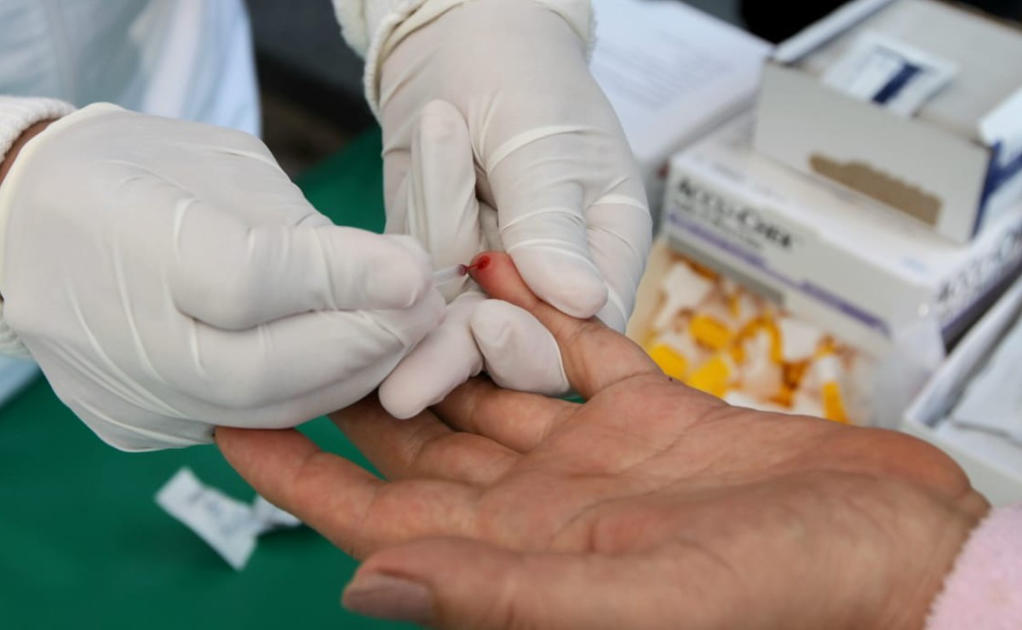Hepatitis A is an extremely serious infection that used to be much more common in the United States. Thanks to today's vaccine, the number of hepatitis A cases in the country has decreased by 95%. Today there are two vaccines that protect against hepatitis A; The hepatitis B vaccine protects people from hepatitis B in adults and infants. And a vaccine that protects against babies also protects against adults.
You do not need to be vaccinated against hepatitis B by injection, as is the case with hepatitis B. Vaccinations against hepatitis A should be done every twelve months. The hepatitis B vaccine is usually effective, but there are people who still do not respond to the hepatitis B vaccine. To improve the effectiveness of the hepatitis B vaccine, you need to get a booster shot at least once a year. Vaccinations against hepatitis should be started before you are sexually active so that you can catch the disease early.
Most people who receive the hepatitis B vaccine do not experience any side effects, so they should feel safe while using it. However, you should talk to your doctor about the potential for some side effects.
Getting hepatitis A vaccine is much safer for your child than getting hepatitis B vaccine. Although there is a risk of developing liver problems such as jaundice or hepatitis, this is a rare complication.
If you have a small child or a infant with liver disease history, you may be thinking of hepatitis B. Hepatitis B vaccines are made from a strain of the virus that can only infect children. However, this does not mean that hepatitis B cannot harm adults. Adults can get hepatitis B, and there are symptoms that can alert you to this.
If you have any symptoms of hepatitis B, you should see your doctor. These symptoms may include vomiting and / or nausea, weight loss, anorexia, fever, fatigue, dark urine, swollen lymph nodes, jaundice, upper abdominal pain, abdominal pain, bloating, and / or abdominal pain or pressure. If you develop any of these symptoms after getting vaccinated, see your doctor as soon as possible.
Hepatitis A is usually caused by too much of the hepatitis B virus. If you have had hepatitis B before, you can be sure you may have another attack before getting vaccinated. You should have it periodically as part of your regular medical check-ups.

Because hepatitis B can be spread between people through sexual contact, you should use protective equipment if you are pregnant. If you have any of the symptoms described above, see your doctor immediately.
If you have been vaccinated with the hepatitis B vaccine, you should refrain from drinking alcohol until you are allowed to drink again. You can share this with a family member or close friend. Alcohol can make you more infectious, so your body may be less likely to fight infection.
If you are trying to conceive or become pregnant after contracting hepatitis B, you should avoid sex. Hepatitis B does not affect babies, but it can cause miscarriage.
It is important to note that serious side effects from vaccinations can occur if you are allergic to any component of the vaccine. Some people have severe reactions to certain ingredients. such as aluminum and thimerosal. It is recommended that you consult with your doctor about the medications you are taking.
Hepatitis B vaccination can cause serious side effects, including anaphylaxis and severe bleeding. If you are pregnant or planning to become pregnant, you should not have hepatitis A, hepatitis C, or hepatitis E. If you are breastfeeding, you should not breastfeed.
Hepatitis A, hepatitis C, and hepatitis E are extremely contagious. These diseases can lead to serious birth defects.

